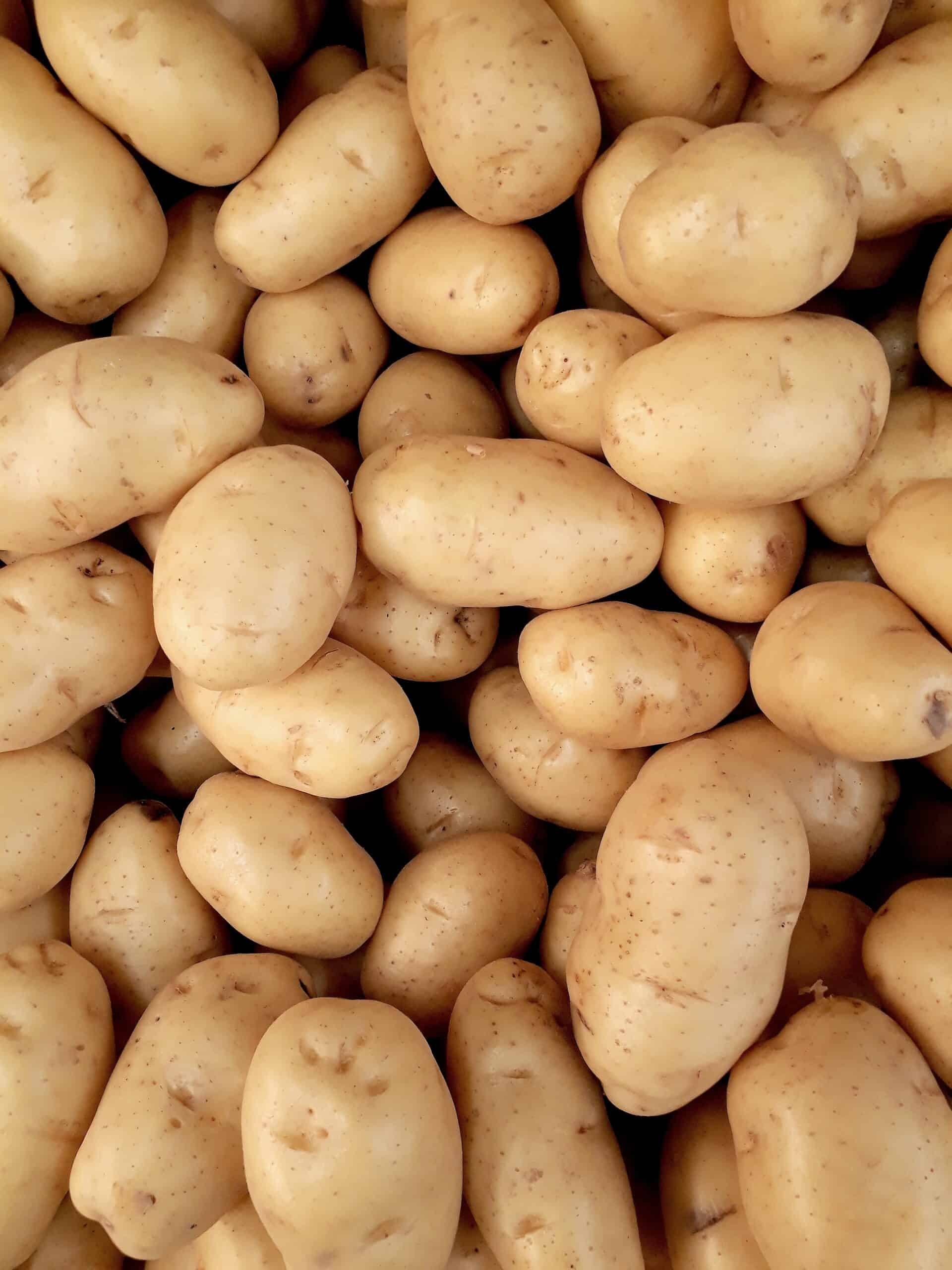Ethiopian Sustainable Food Project achieves success in one of the most challenging areas of the world
Ethiopia is the second most populous African nation with nearly 84 million people, and the tenth largest African country by area. It is the source of over 85% of the total Nile River water flow. Ethiopia underwent a series of famines documented by the world media during the 1980s, exacerbated by adverse influences and civil war, resulting in the death of more than seven million Ethiopians.
Today, in spite of less upheaval, 42% of Ethiopian children under the age of five are still underweight. It is estimated that half of all children die prior to reaching five years of age, and the average Ethiopian’s life span is approximately 41 years.
In 1969, Charlie Higgins and his wife joined the Peace Corps right out of college and were assigned to Ethiopia. During the two years that Higgins served as a teacher in the central Ethiopian Highlands, his heart was captured by the sight of underfed children nearly everywhere he traveled in this exotic but primitive country. He has never been able to forget those children.

An American potato farmer as well as a national and international potato consultant, Higgins has combined his doctorate in Agronomy with his sincere interest in Ethiopian food issues. He has put together a practical program for improving food sustainability during times of drought for the Ethiopian population. Educating interested farmers in growing and drying techniques has increased potato production in countryside villages and rural areas. A cup of dried potato, water, some readily available spices, along with some beans, lentils or soy powder can provide a child with the required daily nutrients and calories to sustain life through a time of drought.
In this project, the local farmers are provided with the initial disease-resistant seed potatoes from a tissue lab organized by Higgins in northwestern Ethiopia. They are shown how to construct potato drying racks and storage facilities from readily acquired materials. This process becomes self-sustaining for the farmers as they arrange to trade part of their potato crop every three years for clean seed potatoes. Those potato payments are used to start additional potato projects and school nutrition programs.
“Dr. Amy Charkowski, Dr. Russell Groves and many other University of Wisconsin faculty have been helping with this project,” said Higgins. “Amy visited the lab in 2008 and continues to support the lab. Russ advises me on insect problems in Ethiopia and has been very helpful. This project would not be successful without the generous support of a lot of individuals.”

Since 2007, Higgins has been raising money and working with up to five demonstration sites at a time to establish a sustainable, disease-free, potato crop. In conjunction with Ethiopian agricultural engineers and nutritionists, all of Charlie’s chosen rural village sites have been successful in attaining their construction of potato storage and drying facilities, as well as exceeding their individual potato production goals.
The potato can be dried and preserved following harvest, therefore, this potato project hasthe potential to resolve the cyclical famine disasters that will continue to ravage Ethiopia during periods of drought. Charlie’s knowledge of potatoes, his understanding of how to make things happen in a unique 3000-year-old culture, and his willingness to devote his energy to auditing the progress of the program by returning annually to Ethiopia at his own expense and time, make this a truly remarkable, worthwhile, and effective program.

“Fresh potatoes, carrots, onions, sweet potatoes and other vegetables cannot be stored more than a few months, but dried potatoes can be stored for many years,” Higgins said. “Many of the Ethiopian potato farmers are growing at such high altitude they cannot grow wheat and their national grain, Teff. All they can grow is barley and potatoes and maybe a few chick peas; so having dried potatoes in their pantry is valuable as a cheap product to stretch flour.
In this sixth year of the Ethiopian Sustainable Food Project, growth toward the project’s initial goals and the unanticipated positive developments realized along the way have provided everyone associated with the effort renewed enthusiasm and vigor aimed at seeing the program through to its ultimate goal of true sustainability. Many statistically verified as well as anecdotally supported developments indicate the “Potato Project” is well on its way toward having a major positive impact on the future of the Ethiopian potato market; the introduction and distribution of superior disease resistant seed potatoes; and highly beneficial storage facilities for harvested potatoes.
In addition, the audit team comprised of Dr. Higgins and Dr. Fred Bechard discovered during their visit this past November that the dehydration aspect of the project, as well as the potential for introduction of sweet potato varieties in the lower altitudes of the Southern Amharra Region were both generating a great deal of excitement among Ethiopian nationals.

As more workshops were conducted with local farmers and their wives that introduced the benefits of preserving potato and other crops through a drying process conducted on a solar dehydrator easily constructed by locals for around 50 cents utilizing readily accessible materials, the recognition of crop preservation beyond the time of harvest has been realized. In addition, the powdered potatoes (or carrots, garlic, squash, tomatoes, etc.) were demonstrated in new recipes to local farmers through workshops held in the countryside throughout the past year, providing them with the education necessary to stretch present food supplies beyond normal limits, thereby opening up marketing and home business opportunities never before realized. This added excellent incentive toward furthering one of the major goals of the project: to give Ethiopians a dried food storage capability that will help to deflect any future drought and likely famine tragedy that would follow.

It is important to note that the Southern Amharra Region, with its newly acquired irrigation capacity resulting from a government constructed dam project, is fertile ground for the introduction of lower altitude sweet potato crops. Attention towards this tremendous potential will be a focus for the project starting in late 2013, pending the results of feasibility and financial efforts during the following year. Also, the possibility of exporting the solar dehydration portion of the project to the south of Ethiopia, distributed through the Hulletta Potato Distribution Center already in operation, has excellent potential of success.
Making a Difference
The two principals of the Ethiopian Sustainable Food project, Dr. Charlie Higgins and Dr. Fred Bechard, continue to conduct audit visits annually, traveling to and from Ethiopia and covering all their expenses on their own. This allows 100% of all donated funds to be utilized directly toward the project’s six distinct focus areas, with no administrative costs; thereby all donated funds go directly toward the “Potato Project.” Those six areas are:
- Potato Tissue Lab and Screen House Seed Production: additional considerable increases were realized this year. More and more farmers are receiving clean, disease resistant and high yielding seed to plant;
- Seed Potato Increase and Distribution Program: many new and improved varieties were distributed by the Amharra Region Agricultural & Research Institute during the year;
- On-Farm Ware Storage: five new ware storage facilities have been completed, with a large new 10 quintel facility scheduled for construction in January at Sawussa School;
- Solar Dehydration of Potatoes & Vegetables: this simple and cost effective device has captured the interest of many Ethiopians as they recognize the marketing potential it offers. This is also a key component for the ultimate goal of providing nutrition during future famines;
- Nutrition Research & Information Dissemination: workshops presented by ARARI mechanization and nutrition staff reached a total of over 300 farmers and their wives;
- Sawussa School Potato Demonstration Project: positive steps were completed that should have this school breakfast program functioning by the beginning of 2013. The construction of a potato storage facility, along with hiring cooking staff and purchasing kitchen materials will be completed within the next quarter.
Donations can be made by clicking on the Ethiopian flag on the Home page of the website: www.ethiopianfoodproject.org. One hundred percent of funds donated are expended directly to the project; all administrative costs are donated by the principals of the project. All donations are tax deductible.



